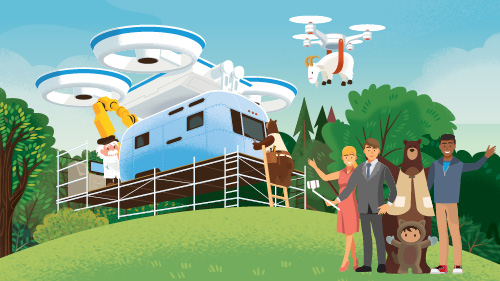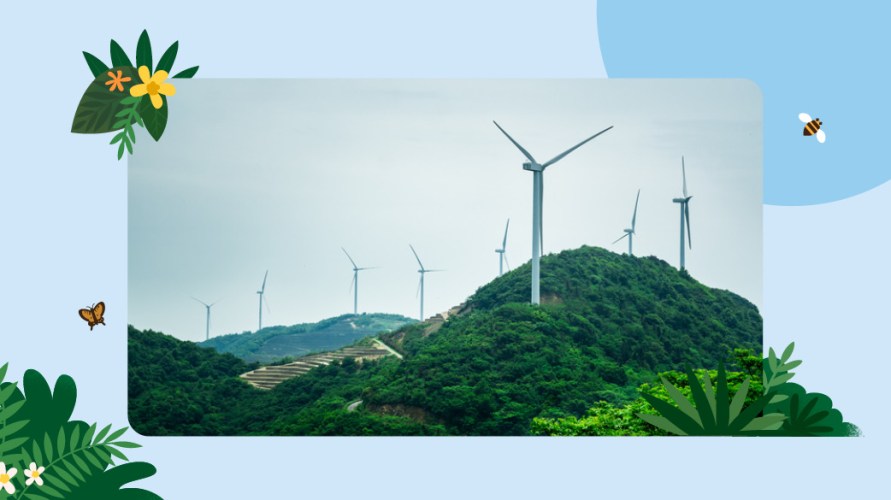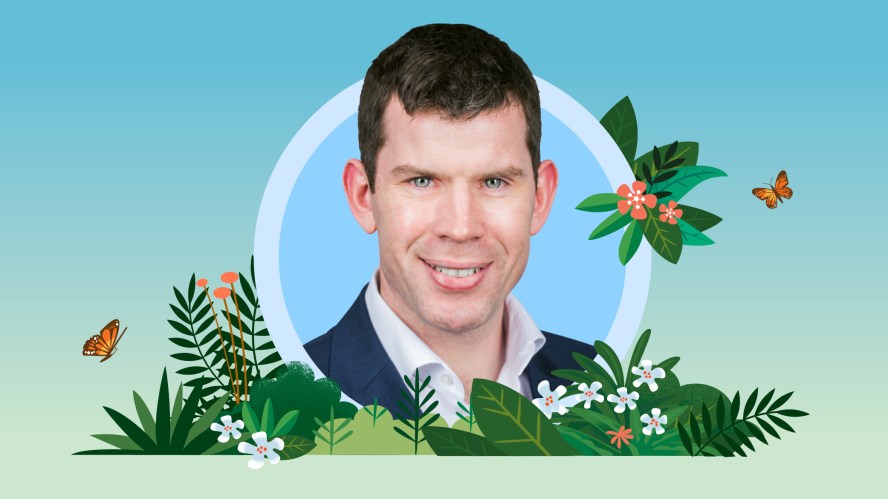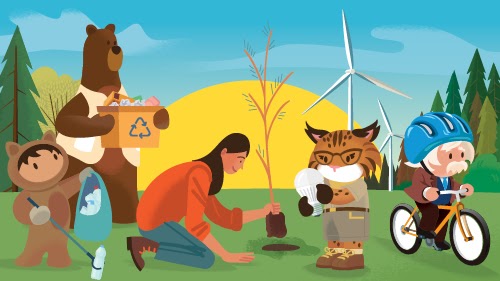The Future of Work, According to Accenture and Deloitte



Deloitte and Accenture share how leaders can advance diversity, inclusion and sustainability in the workplace.
Claire Gillies and Stacy Pence
Societal issues like racial injustice, income and gender inequality and climate change were making headwaves prior to COVID-19, but with the changes of the past year business leaders are now expected to make long-term progress on these societal challenges. According to Salesforce’s first Global Stakeholder Series: Future of Work, Now research, 60% of respondents trust businesses to build a better future for younger generations, and are counting on them to do so.
We spoke with Salesforce Live: Australia & New Zealand sponsors Deloitte and Accenture on how they are helping improve the state of the world and the future of work.
Deloitte: Workforce diversity and inclusion starts with helping break the cycle
For diversity and inclusion to be successful, businesses must challenge the status quo and allow workplaces to be a true reflection of the community. Deloitte Australia will be discussing this in their upcoming Salesforce Live: A&NZ session Why are we not there yet?.
Claire Gillies, Salesforce Lead Partner at Deloitte Australia, who is facilitating the session, has seen the lack of diversity first-hand. She believes to break the cycle it starts with leaders and decision-makers understanding that opportunities need to be accessible to all people – even if that means questioning the system.
“When I was recently recruiting for a role I was receiving a lot of male profiles. I decided to ask our recruitment team to go back and find a pool of female candidates because I wanted a diverse team. It’s the same for our grad programs, it must be a 50/50 split,” says Claire.
Whether we like it or not, unconscious bias is present in workplaces, and it’s not just around gender. There are many different factors that can impact a person’s access to workplace opportunity: from social economic or social political to geographical factors. And if businesses are not aware of it, they can unknowingly limit opportunity to those minority voices.
“When companies recruit into grad programs the norm is to go through the universities. But there are groups of people out there who have the aptitude, ability and skills for the roles, but due to circumstances out of their control haven’t had the opportunity to progress into higher education. Unfortunately this closes them off to future work,” says Claire
Globally, Deloitte together with Salesforce are addressing this with their Pathfinder Training Program. Pathfinder aims to identify and train people from challenging or under-priviledged backgrounds with the business skills and technical training they need to become Salesforce Administrators and Developers in the Salesforce ecosystem.
Here in Australia, Deloitte and Salesforce have been raising awareness of neurodiversity as part of their commitment to an inclusive workplace. Rowena Westphalen, Vice President of Ignite APAC at Salesforce and Why are we not there yet? panel member, collaborated with Deloitte to bust myths on neurodiversity, specifically the myths associated with autism.
With only 4% of austic people believing that others in the community know how to support them, recruitment and onboarding processes must be amended to effectively support and create an inclusive environment for people with neurodiversity backgrounds. This can include educating employees on working with people with autism, such as using the right communication style and working within an accommodating workspace.
“It’s important to give people a voice and acknowledge and celebrate that people are different,” says Claire.
Accenture: Sustainability and digital transformation can run parallel
Most companies enact change because there is a need or demand for it, for Accenture partnering with Salesforce to help companies embed sustainability into the core of their business was the logical next step in bringing sustainability to the front of mind of CEOs.
As part of Accenture’s on-demand session for Salesforce Live: A&NZ, Managing Director – Accenture Salesforce Practice Lead, ANZ, Stacy Pence, discusses how the partnership will allow companies to track, measure and act on a range of sustainability initiatives to help contribute to a more sustainable future.
In the past year the acceleration of digital transformation has changed the way the world operates – but it has also impacted our environmental footprint.
As an example, products that were predominantly purchased in-store are now being purchased online, boxed, shipped and unpacked by the consumer. For sustainability to be front of mind for businesses, sustainability efforts need to be put in place at the same time as large organisational changes, like digital transformations.
“The opportunity to think about and implement digital transformation and sustainability in parallel provides companies with a unique way to differentiate themselves,” says Stacy. “It also means they can build something for the future that is good for our Earth, good for our customer and good for them as a business.”
So what does that look like in practice? A simple action is offering your customers a choice of a green alternative.
A more complex solution is revisiting your company’s business model to ensure it puts sustainability at its core.
“I do think there will be a shift to setting up a technology footprint that allows businesses to expand or change the products that they offer – and that in essence is a completely different business model,” says Stacy. And that model can be different from product to product, which will have impacts on marketing and customers teams, and of course technology platforms and infrastructure she explains.
As technology continues to transform the way we can do societal good, business must be mindful to foster work environments that take inputs from people of all ages and experiences.
“If we want to live in a world that’s continually innovative with technology, we have to make sure we have the right socio economic components in place,” says Stacy. “We need to make sure all the ideas are heard – because if we don’t we might miss something.”


















